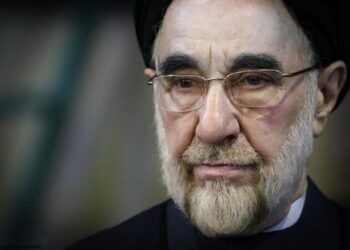The relationship between Iran and Libya has generally been described as testy, due to the fact that Qadhdhafi is widely believed to have murdered a leading Shiite cleric, Musa Sadr, decades ago.
But US State Department cables published by WikiLeaks show that the two maverick states actually had a good working relationship operating clandestinely.
The New York Times reported on the WikiLeaks cables last Thursday.
It said Libyan banks apparently collected lucrative fees by helping Iran launder huge sums of money in recent years in violation of international sanctions on Tehran.
According to a 2009 cable from the US embassy in Tripoli, American diplomats warned Libyan officials that its dealings with Iran were jeopardizing Libya’s enhanced world standing for the sake of “potential short-term business gains.”
Qadhdhafi had lots going for him, as he stuck his finger in every economic pie just like a classic third world kleptocrat.
Libya became so flush with cash that Bernard L. Madoff, the New York financial manager who stole billions of dollars in a long-running Ponzi scheme, approached officials overseeing Libya’s $70 billion sovereign fund a few years ago about an “investment opportunity,” according to a State Department summary of the episode in 2010. “We did not accept,” a Libyan official reported.
Qadhdhafi, the State Department said, was personally involved in many business decisions. He worked with local “riqaba” councils, an oversight committee set up by the Libyan government to dole out business with foreign firms, and insisted on signing off on all contracts worth more than $200 million. He also took a cut.
US officials were astounded last month when they told banks to lock up any accounts associated with Qadhdhafi or his family. They expected to snag a few hundred million dollars. So far, however, the freeze order has captured $23 billion, more than double the Iranian funds of $11 billion captured in 1979 when President Carter ordered Iranian assets frozen after the seizure of the US embassy in Tehran.














